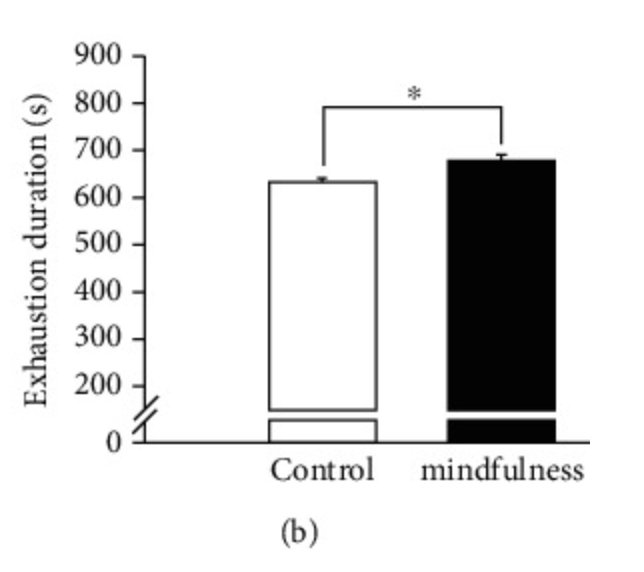Another reason to practice mindfulness
Over the past year, we’ve talked a lot about mindfulness and meditation. The benefits of mindfulness and meditation are far reaching: meditation has been shown to improve focus and problem solving, reduce time in rumination, improve coping skills, help regulate emotion, and enhance present-moment awareness. Meditation has also been shown to decrease stress and anxiety, and reduce symptoms of depression, even in people with chronic illnesses such as cancer. Last year, a team of researchers studying mental health challenges during COVID-19 found that micro-practices of mindfulness decreased feelings of burnout and improved emotional wellness in healthcare workers.
While mindfulness and mediation are often used interchangeably, they are slightly different. Here are the basic definitions:
Mindfulness is the practice of being in the present moment. Being mindful allows you to be in the here and now, simply observing how you feel without judgement. For example, instead of listening to music while going for a walk, simply being in the present moment and enjoying nature. Mindfulness practices can be incorporated into your day by adding it to a routine you already do. For example, noticing the feeling of the water on your skin as you’re showering or paying attention to the taste of the food you’re eating.
Meditation is a type of formal mindfulness practice. While there are many different ways you can meditate, the idea is the same: simply sitting for a period of time in which you’re focusing on an anchor such as your breath, sounds, body sensations, or a mantra. Whenever your mind wanders, you simply bring your attention back to your anchor. For more detailed instructions on how to meditate, you can check out our deep dive into meditation.
Another benefit of mindfulness that we haven’t discussed yet is the effect of mindfulness on exercise performance. As mindfulness has been shown to improve focus, decrease physiological and psychological measures of stress, and reduce rumination, it’s no wonder that athletes are starting to incorporate mindfulness practices into their training! A 2017 meta-analysis looking at the effects of mindfulness training on 290 athletes from a variety of sports, found that mindfulness training improves mindfulness scores, and that this can have a significant effect on sport performance, particularly in precision sports such as shooting or dart throwing.
But if you’re not an elite dart thrower, is there a point in practicing mindfulness? Turns out there is! In a recent study published in Neural Plasticity, researchers examined the effects of mindfulness training on both executive function and endurance performance in University athletes. The researchers found that not only was executive function improved after a 5-week mindfulness intervention, but also time to exhaustion during an endurance test. This suggests that mindfulness training doesn’t just improve the ability to shoot a bullseye, score a goal, or sink a basket. It also appears that mindfulness training can improve endurance! Based on other studies, the authors speculate that this might be due to a decrease in task-related worries, or the ability to accept the pain that accompanies exercise in a non-judgmental way. Improved exercise performance might even be due to physiological factors that are associated with lower stress, such as a decrease in blood lactate concentration or a decrease in salivary cortisol, the stress hormone.
Figure adapted from Nien et al. 2020. Following a 5-week mindfulness intervention, participants improved (a) accuracy during the Stroop test, a measure of information processing and executive function, and (b) time to exhaustion during a treadmill exercise test.
What’s more, mindfulness has been suggested to improve recovery from exercise. In a recent study on volleyball players, mindfulness training reduced the mental fatigue that was associated with competition. So if you find you’re not recovering properly, incorporating mindfulness practices into your routine might help you recover faster from that hard workout!
We’re learning more and more how connected the mind and body are. A healthy mind really does make for a healthy body. So if you want your run or bootcamp to feel easier, practice mindfulness. :)
Read the full article by Nien and colleagues here!



